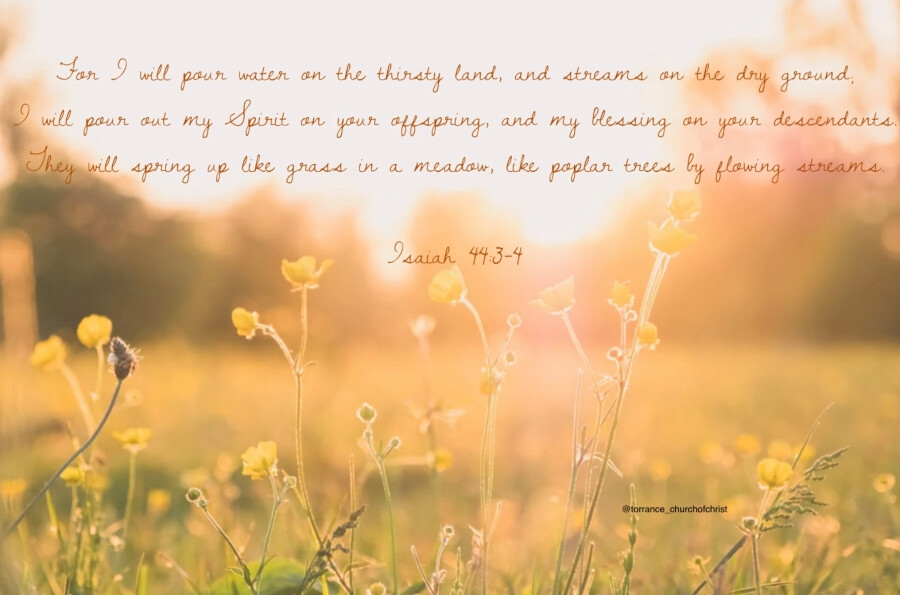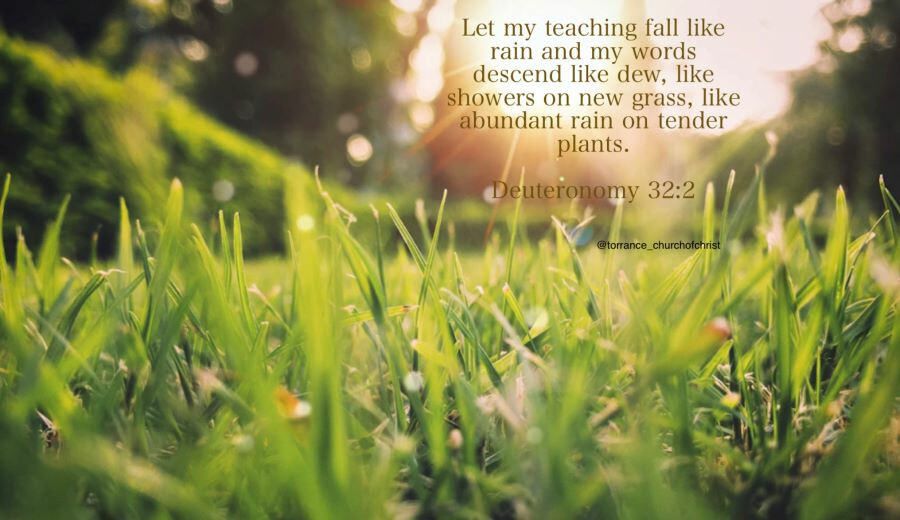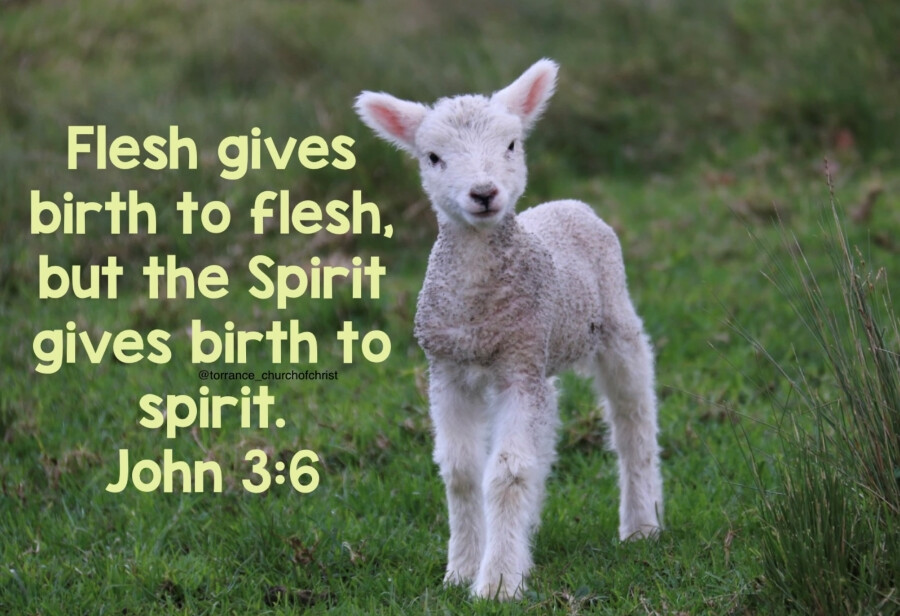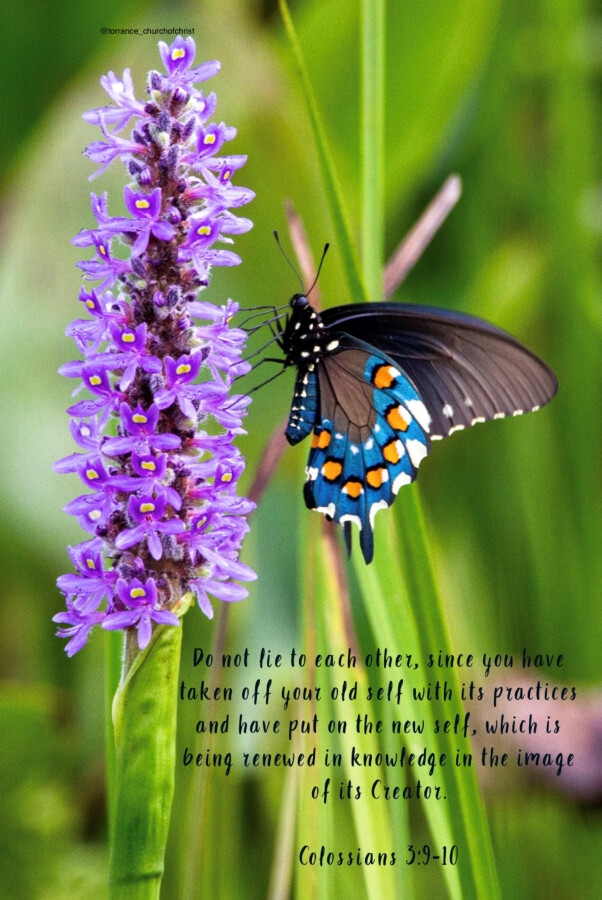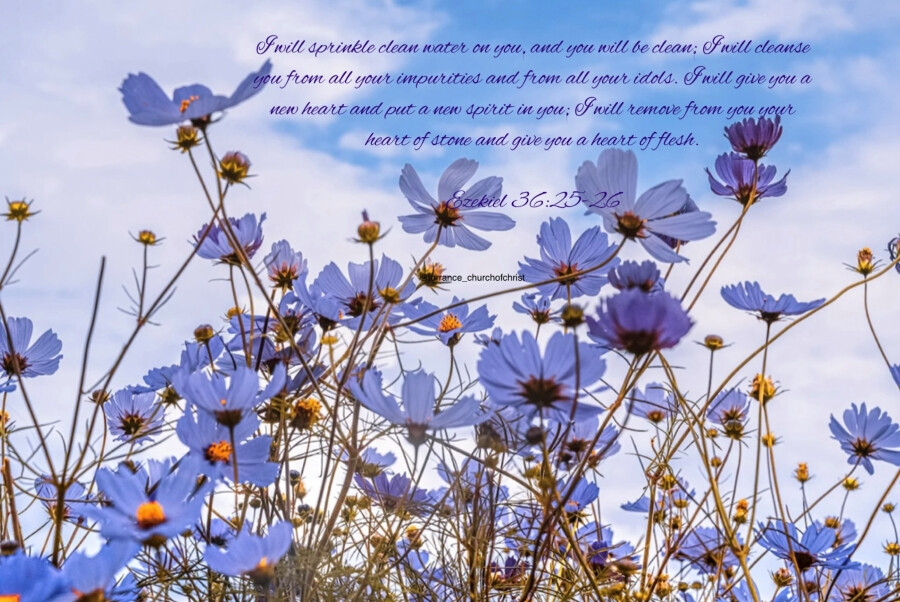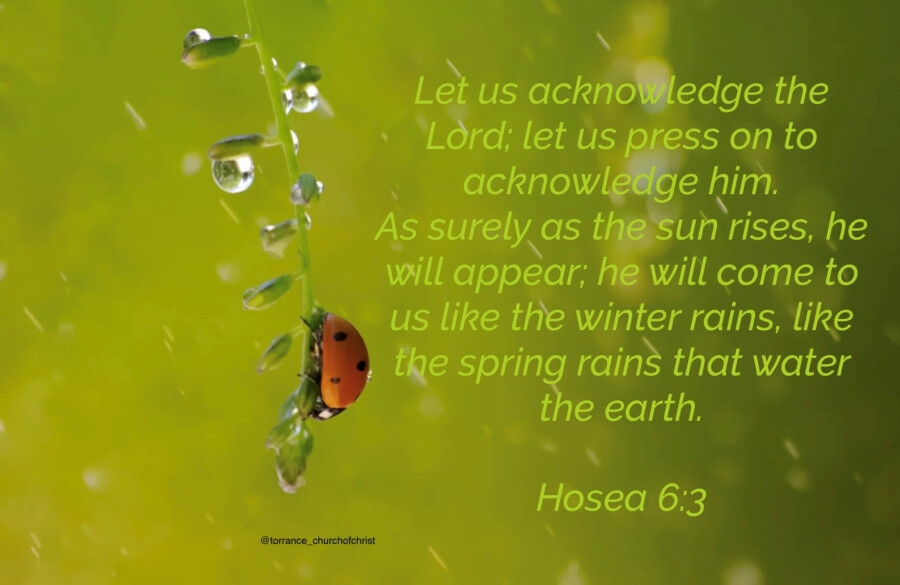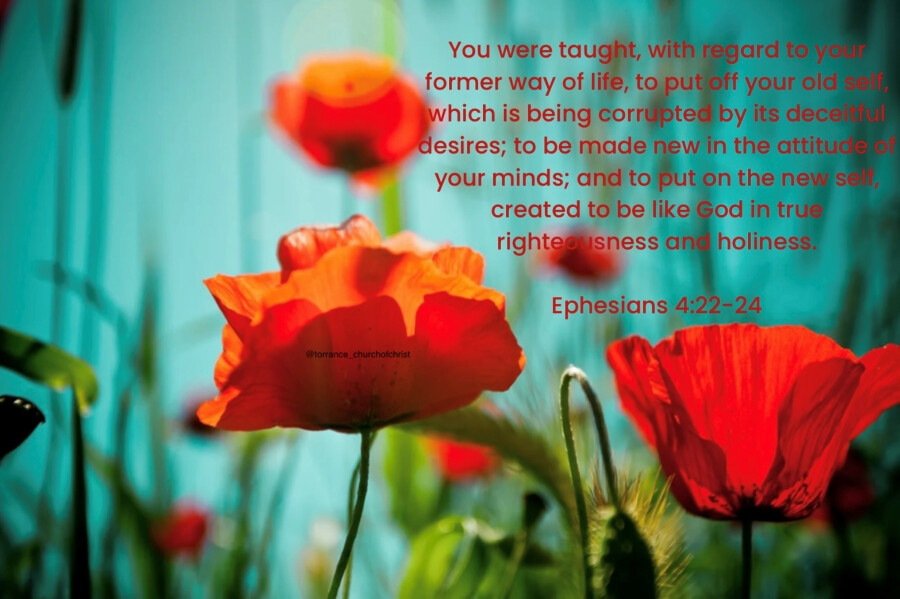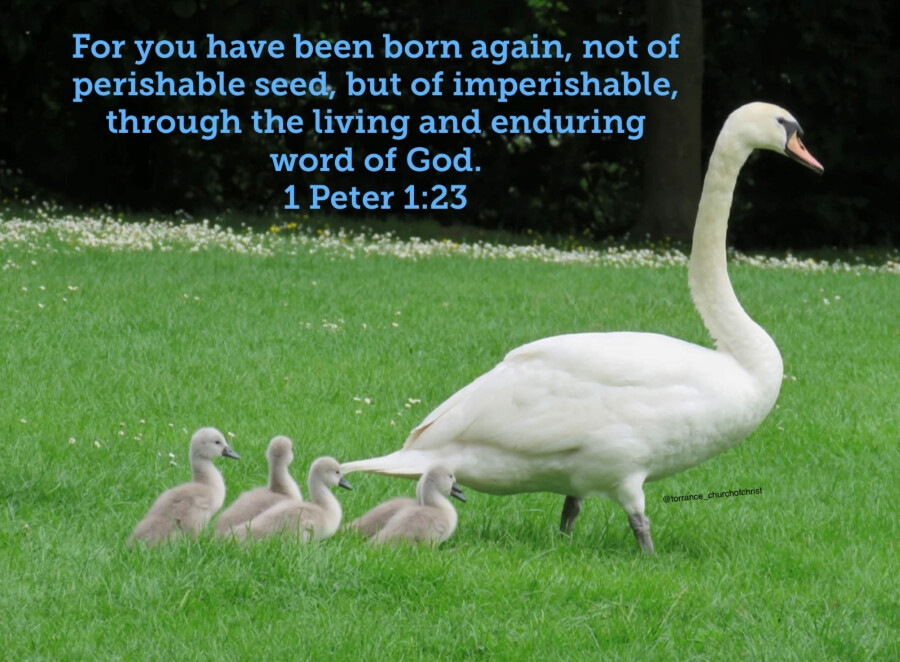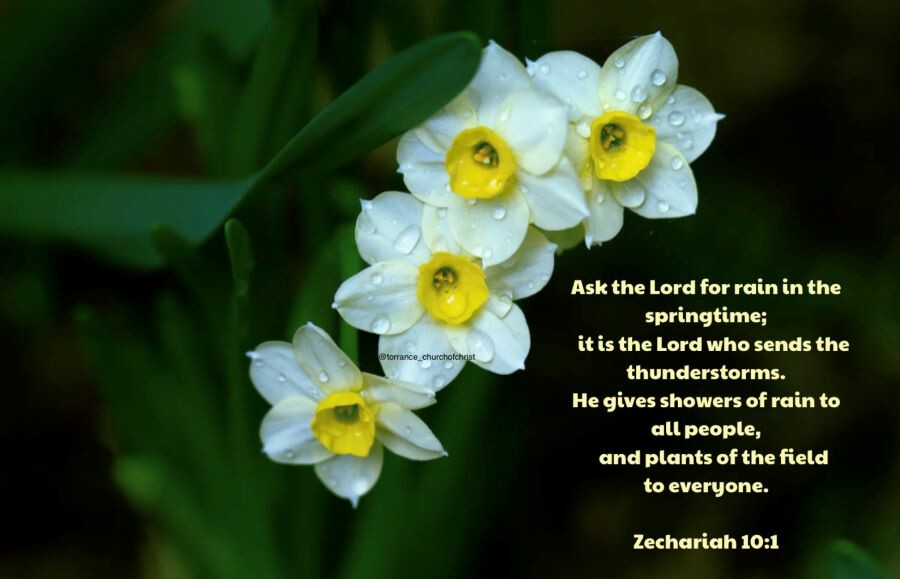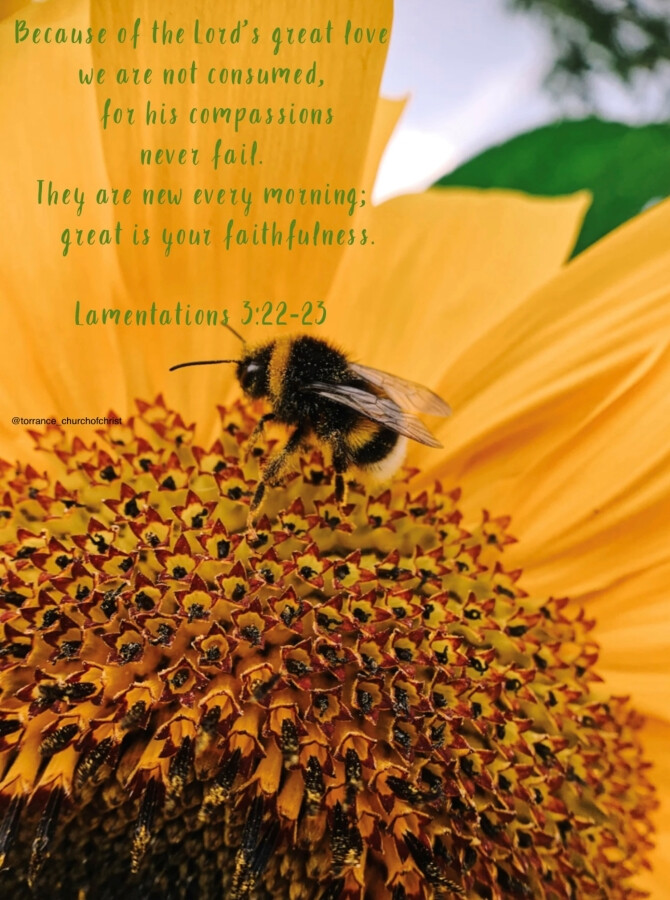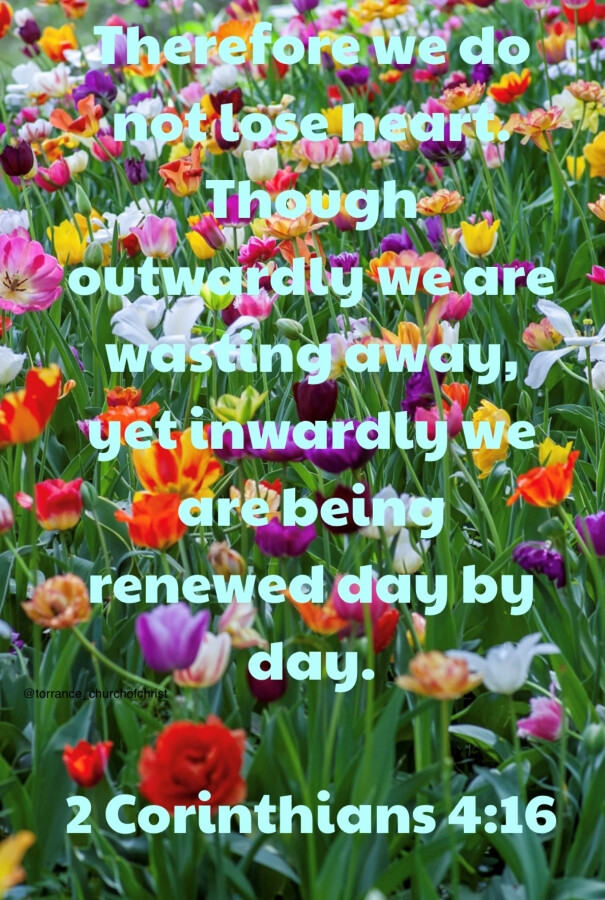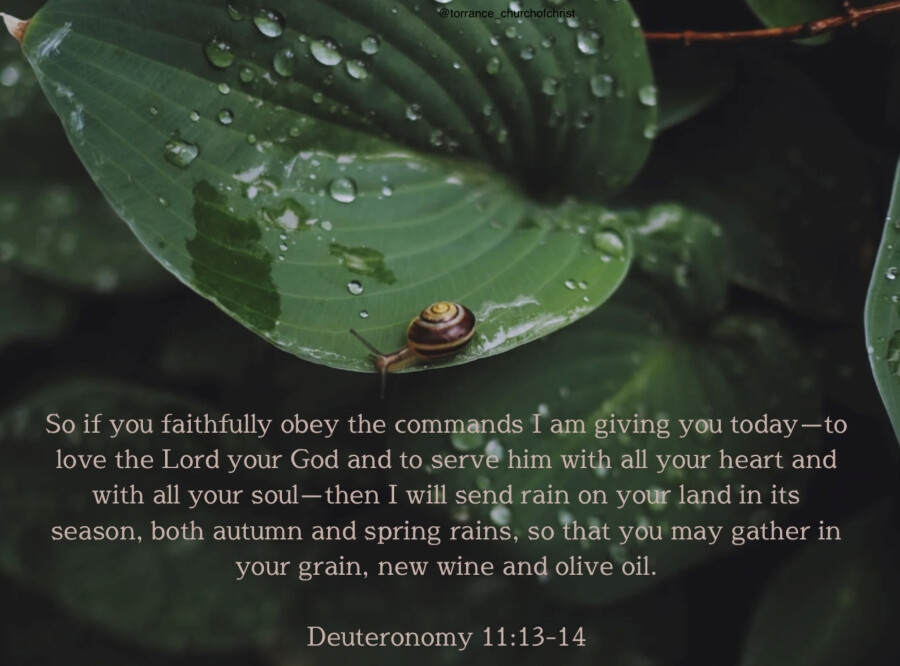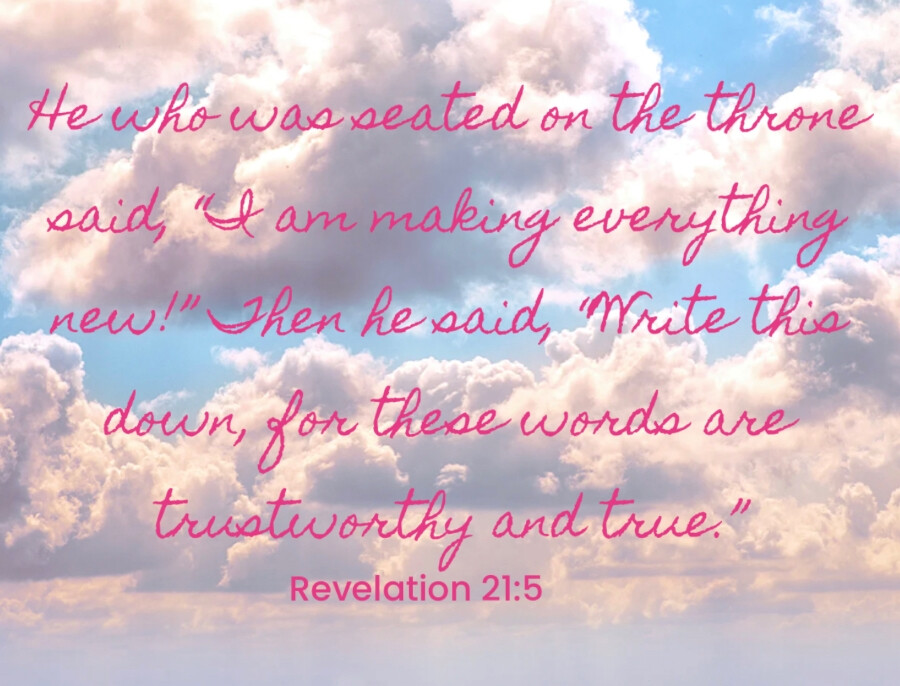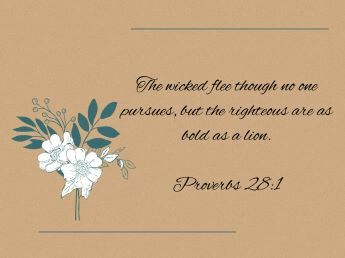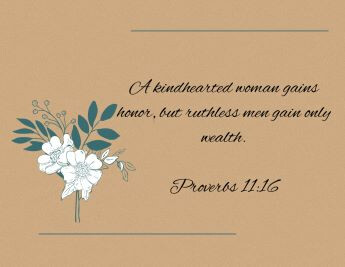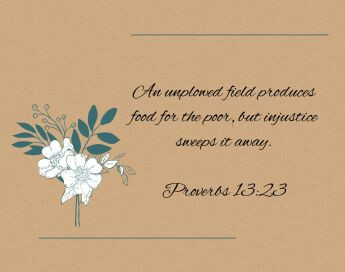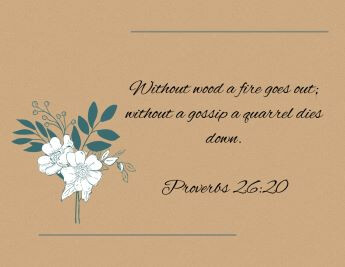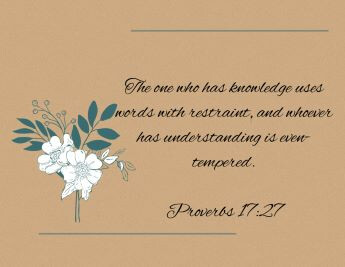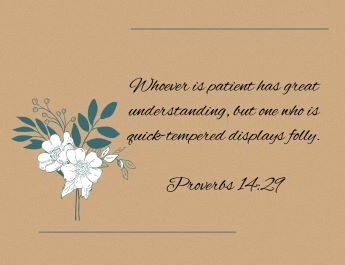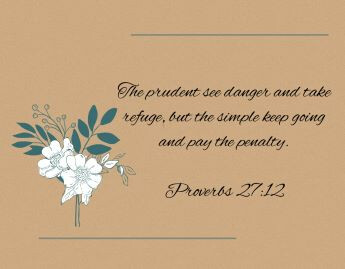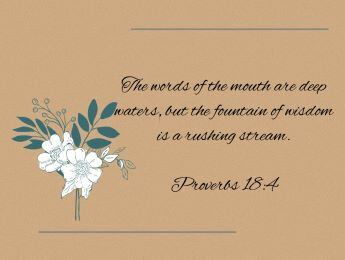The Banquet Parables

The Parables of the Embarrassed Guest, Luncheon for the Poor, and the Great Banquet can all be found in chapter 14 of Luke. These three parables begin with the same setting. One Sabbath day, Jesus is dining at the house of a prominent Pharisee. Jesus knew that he was being scrutinized throughout the meal. He took the opportunity to teach the Pharisee and his guest a valuable lesson about the New Covenant, The Kingdom of God, and the attributes that are required to get into His Kingdom: compassion, humility, kindness, and charity, just to name a few.
We will also discuss the Parable of the Wedding Banquet, which is found in Matthew chapter 22. In the Parable of the Wedding Banquet, Jesus is teaching to a crowd gathered at the temple. Chief priests and elders came over and began to question Jesus and His authority.
The Parable of the Embarrassed Guest
When he noticed how the guests picked the places of honor at the table, he told them this parable: “When someone invites you to a wedding feast, do not take the place of honor, for a person more distinguished than you may have been invited. If so, the host who invited both of you will come and say to you, ‘Give this person your seat.’ Then, humiliated, you will have to take the least important place. But when you are invited, take the lowest place, so that when your host comes, he will say to you, ‘Friend, move up to a better place.’ Then you will be honored in the presence of all the other guests. For all those who exalt themselves will be humbled, and those who humble themselves will be exalted.”
Luke 14:7-11
The message is clear here. Dodge prideful ways. Keep pride out of your thoughts and actions. Don’t assume your esteem. Humble yourself.
Humility is a resounding theme throughout the Bible.
_________

_________

_________
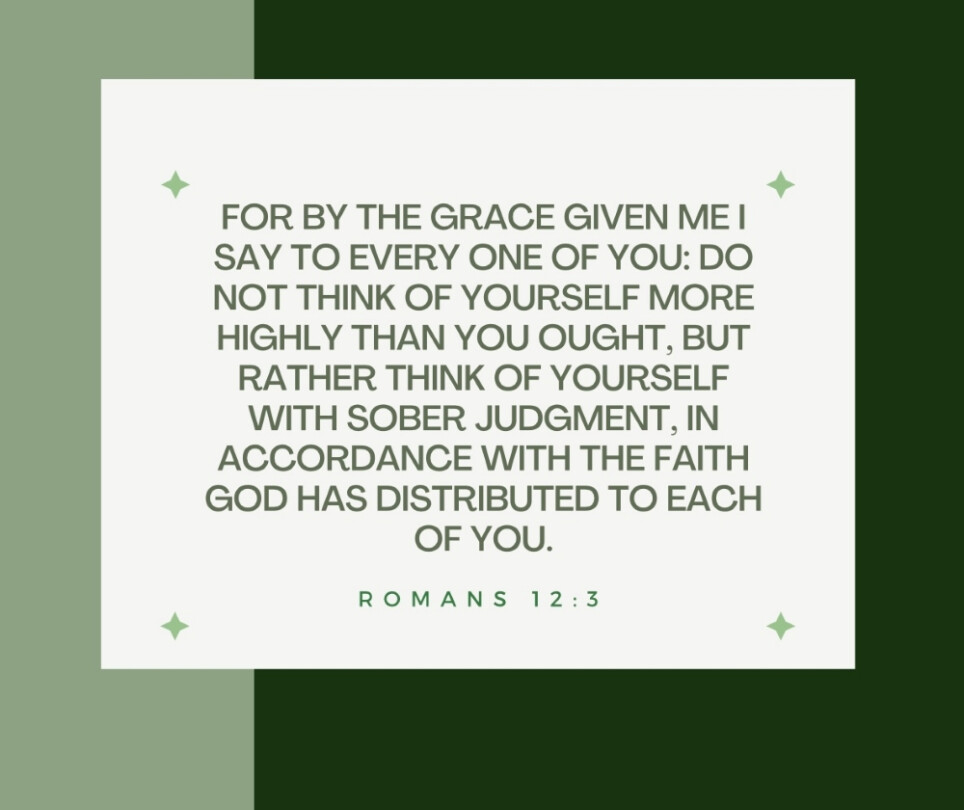
_________

_________
The Parable of the Luncheon for the Poor
Then Jesus said to his host, “When you give a luncheon or dinner, do not invite your friends, your brothers or sisters, your relatives, or your rich neighbors; if you do, they may invite you back and so you will be repaid. But when you give a banquet, invite the poor, the crippled, the lame, the blind, and you will be blessed. Although they cannot repay you, you will be repaid at the resurrection of the righteous.”
Luke 14:12-14
Remember, act with kindness. Don’t do things just because you expect something out of them. Do something because it is right. Show compassion and love. Be charitable. Help others, even if you don’t agree with them; even if you don’t like them.
Give, help, and support because you can.
_________

_________
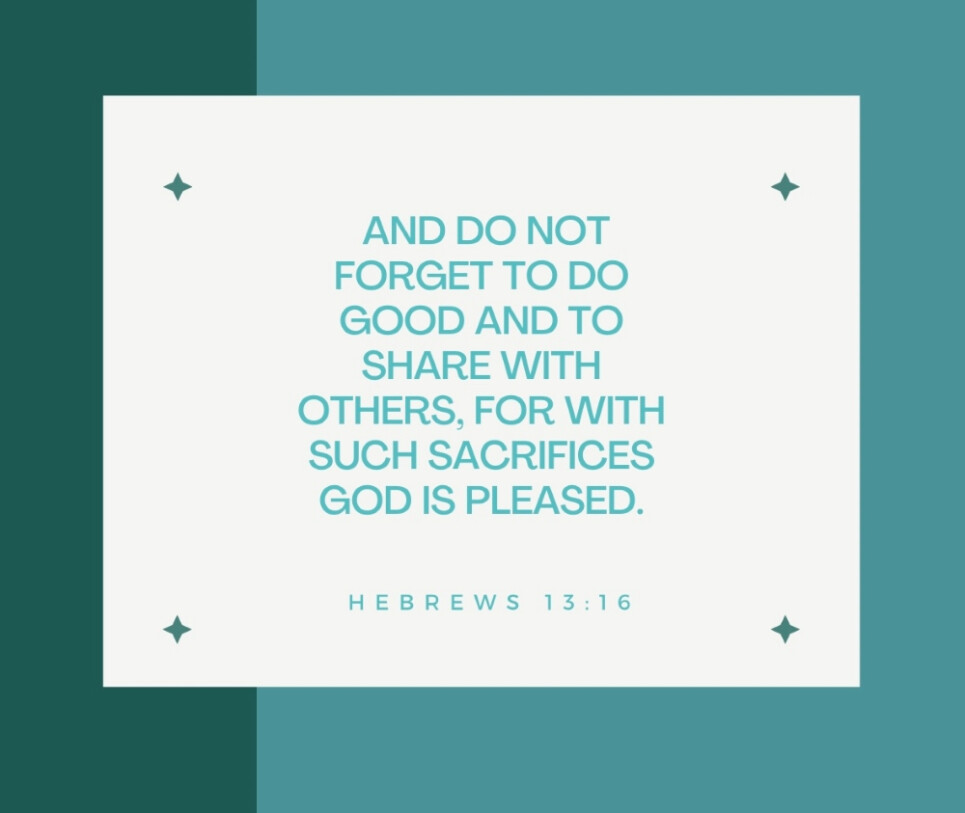
_________

_________
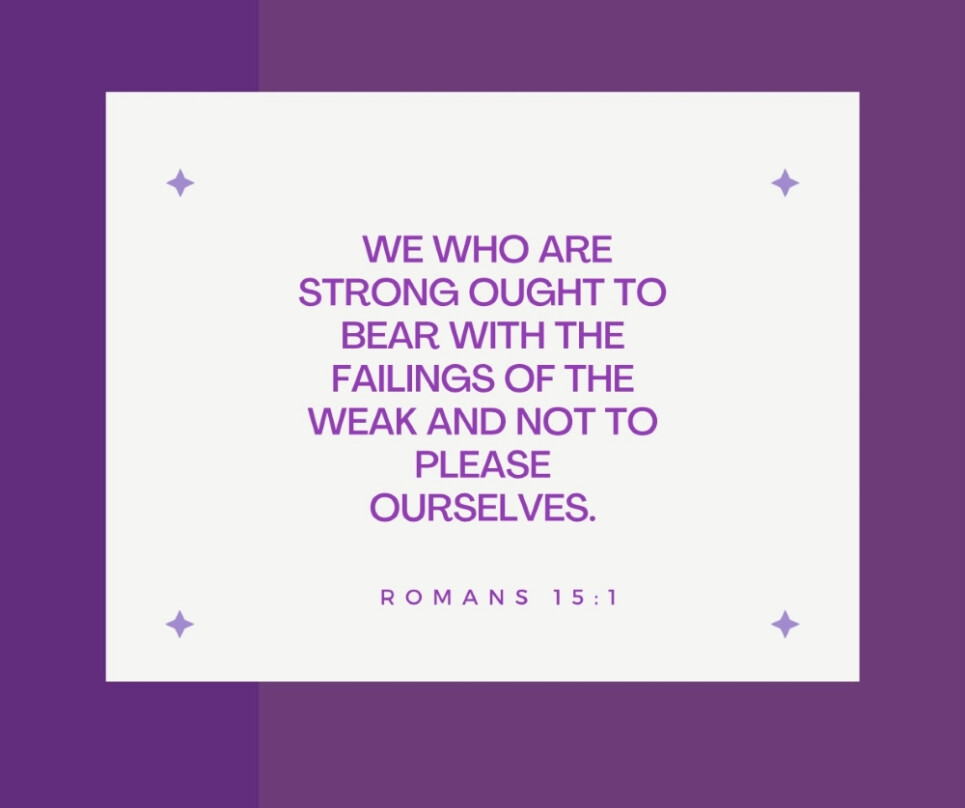
_________
The Parable of the Great Banquet
When one of those at the table with him heard this, he said to Jesus, “Blessed is the one who will eat at the feast in the kingdom of God.” Jesus replied: “A certain man was preparing a great banquet and invited many guests. At the time of the banquet, he sent his servant to tell those who had been invited, ‘Come, for everything is now ready.’ “But they all alike began to make excuses. The first said, ‘I have just bought a field, and I must go and see it. Please excuse me.’ “Another said, ‘I have just bought five yoke of oxen, and I’m on my way to try them out. Please excuse me.’ “Still another said, ‘I just got married, so I can’t come.’ “The servant came back and reported this to his master. Then the owner of the house became angry and ordered his servant, ‘Go out quickly into the streets and alleys of the town and bring in the poor, the crippled, the blind and the lame.’ “‘Sir,’ the servant said, ‘what you ordered has been done, but there is still room.’ “Then the master told his servant, ‘Go out to the roads and country lanes and compel them to come in, so that my house will be full. I tell you, not one of those who were invited will get a taste of my banquet.’”
Luke 14:15–24
There are a couple of things to consider in this parable.
The original guests invited to the banquet made up excuses as to why they wouldn’t be able to attend. These guests put their own wants and desires above their prior obligation to the host.
So the host had his servant go out and invite people on the street to his banquet. Not just any people, but the poor, downtrodden, and dejected.
Breaking it down:
- The Host is God
- The Banquet Hall is the Kingdom of God
- The Original Guests are the Pharisees and others of the Old Covenant
- The Servant is a disciple of Jesus
- The New Guests are the unclean, common man. You and me
The Pharisees of the Old Covenant mocked Jesus and His teachings. They put their wants and desires above God and His teachings. They were prideful and did not feel the need to submit themselves to Him.
Meanwhile, the common people, Gentile or Jew, who were willing to listen and commit themselves to follow the New Covenant are invited to God’s Kingdom. Despite being seen as less in the eyes of the Pharisees, God knew their worth.
Everyone who puts God and His teachings first is invited to the Kingdom of God-the sinners and righteous alike.
_________
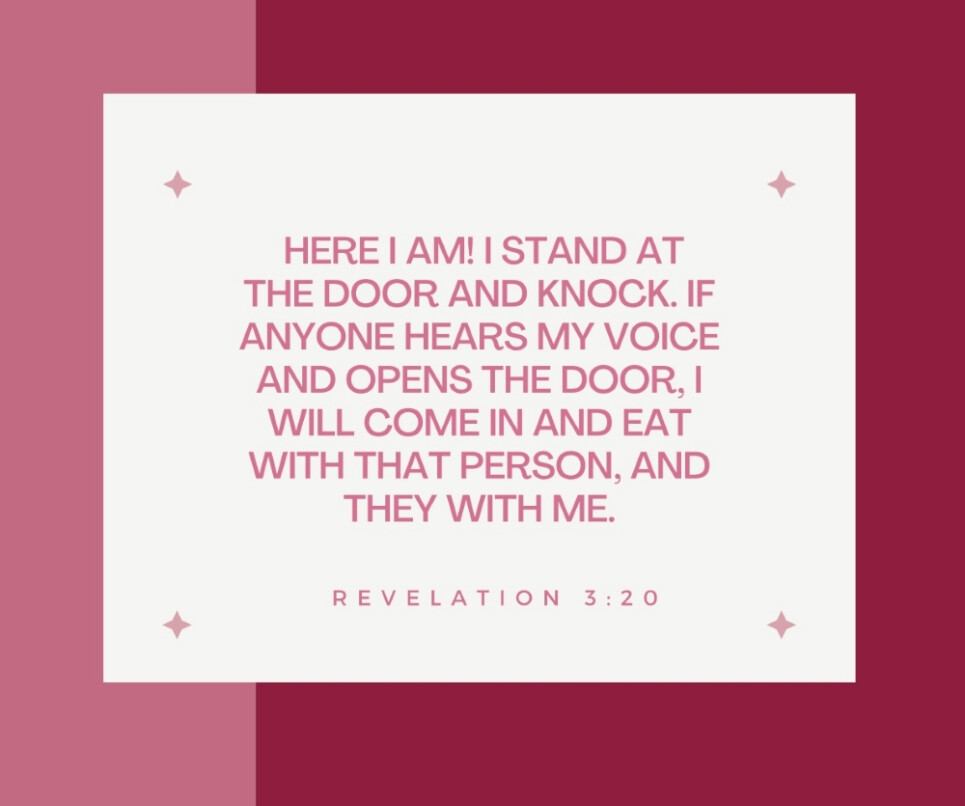
_________
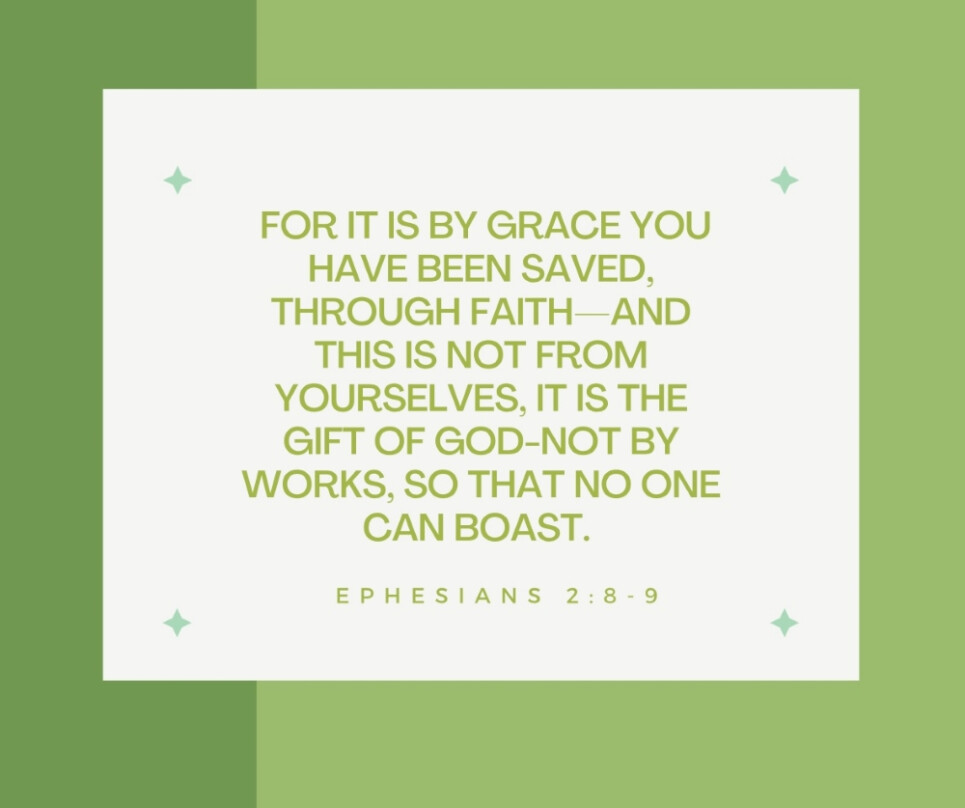
_________

_________

_________
The Parable of the Wedding Banquet
Jesus spoke to them again in parables, saying: “The kingdom of heaven is like a king who prepared a wedding banquet for his son. He sent his servants to those who had been invited to the banquet to tell them to come, but they refused to come. “Then he sent some more servants and said, ‘Tell those who have been invited that I have prepared my dinner: My oxen and fattened cattle have been butchered, and everything is ready. Come to the wedding banquet.’ “But they paid no attention and went off—one to his field, another to his business. The rest seized his servants, mistreated them and killed them. The king was enraged. He sent his army and destroyed those murderers and burned their city. “Then he said to his servants, ‘The wedding banquet is ready, but those I invited did not deserve to come. So go to the street corners and invite to the banquet anyone you find.’ So the servants went out into the streets and gathered all the people they could find, the bad as well as the good, and the wedding hall was filled with guests.“But when the king came in to see the guests, he noticed a man there who was not wearing wedding clothes. He asked, ‘How did you get in here without wedding clothes, friend?’ The man was speechless. “Then the king told the attendants, ‘Tie him hand and foot, and throw him outside, into the darkness, where there will be weeping and gnashing of teeth.’
“For many are invited, but few are chosen.”
Matthew 22:1-14
This parable is interchangeable with the Great Banquet. But there is a dark twist. Some of the people who denied the king’s invitation abused and killed his servants when they came calling.
As a follower of God, there will be people who don’t understand you. You’ll come across those who will mock and criticize you and your faith. Don’t judge them, but stand firm in your faith.
At the end of the parable, a man who was not dressed for the occasion was found among the king’s guests. The man wasn’t welcomed, so the king kicked the man to the curb. This man represents those who walk the line. They believe they are doing just enough, but still not fully committing themselves to Him.
You can't straddle the line between God’s ways and the way of man.
_________

_________
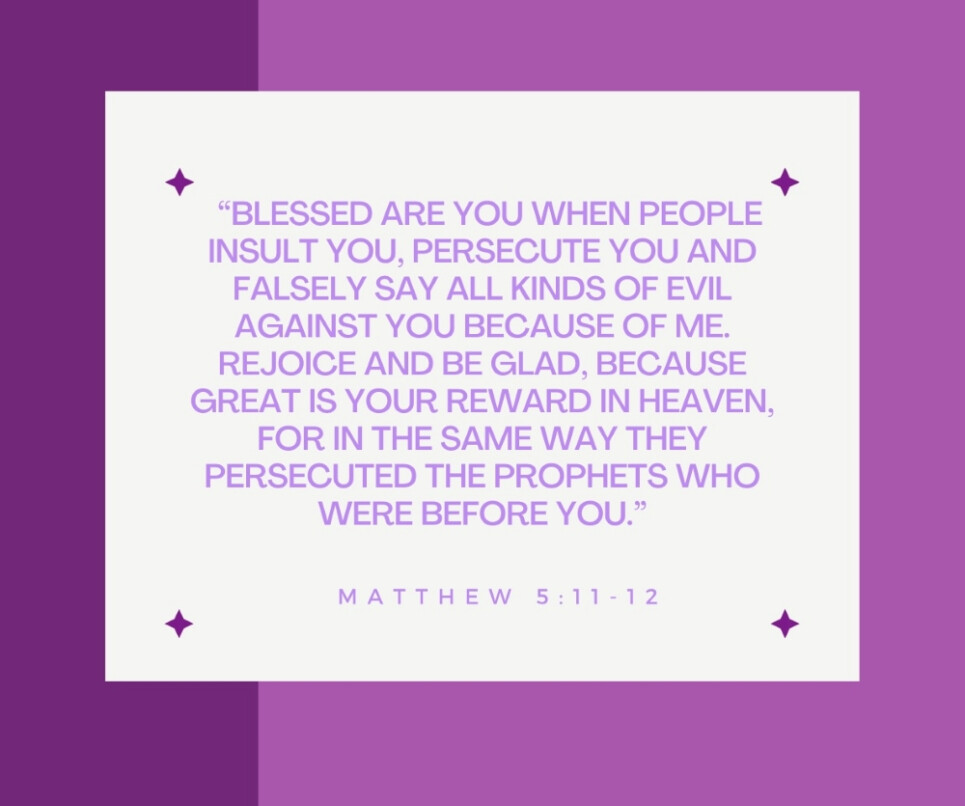
_________
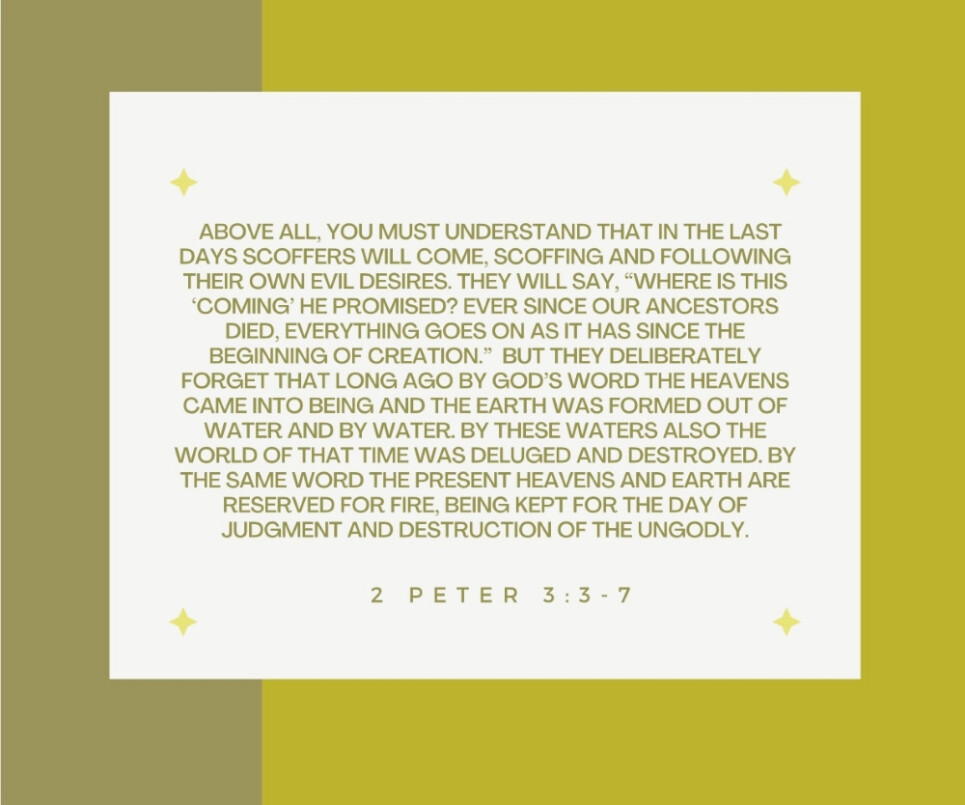
_________
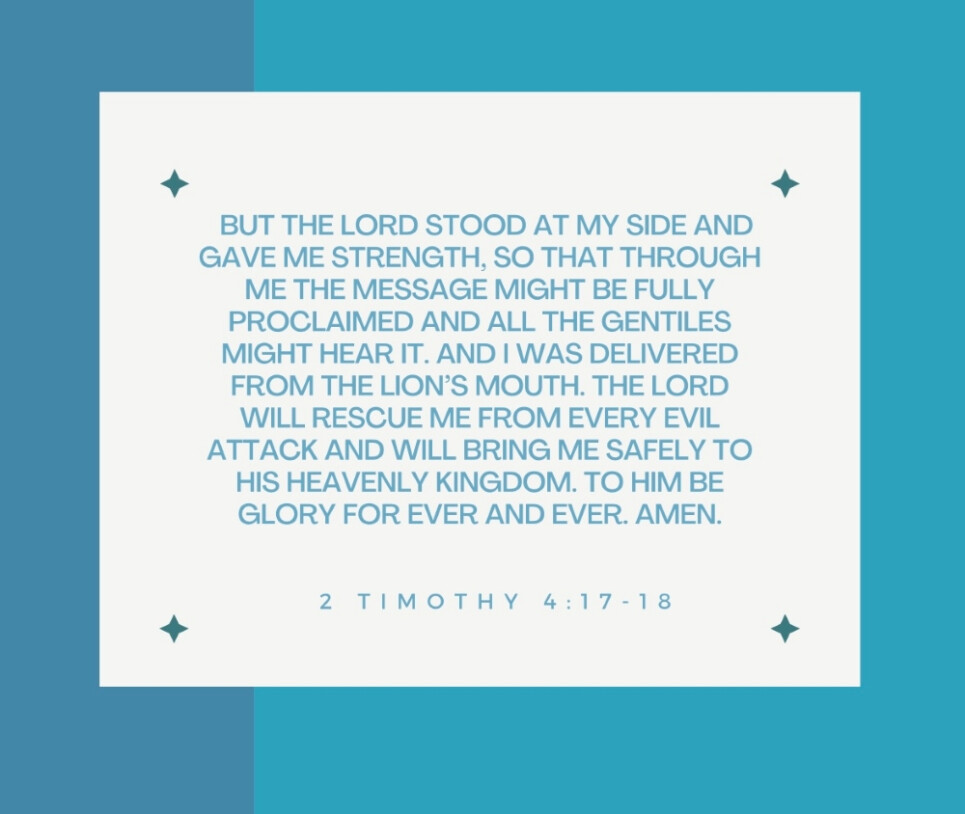
_________
In Closing
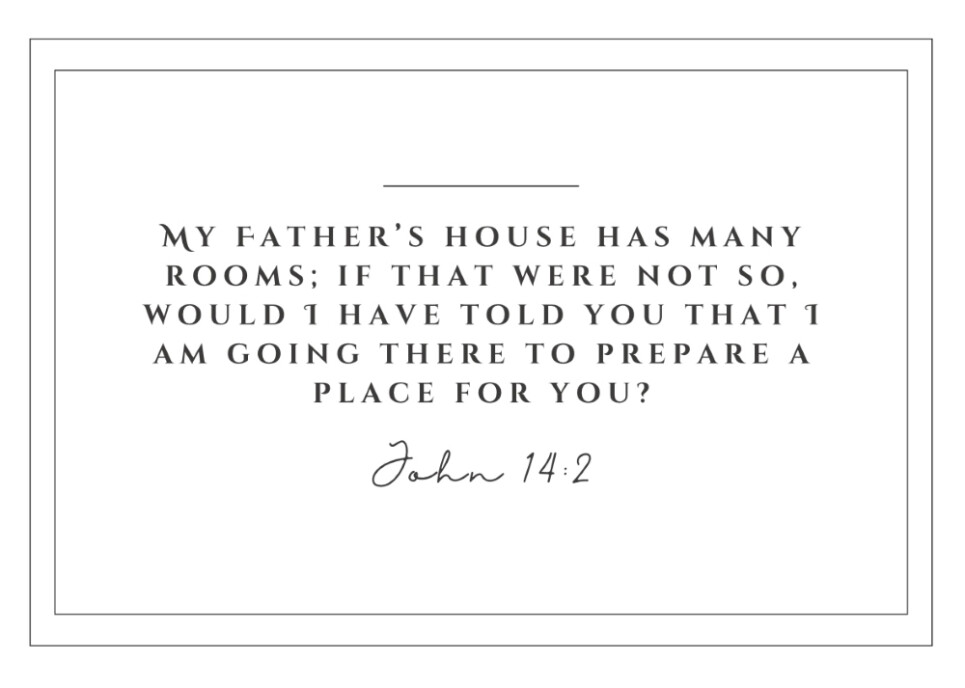 Through Christ, we are invited to have eternal salvation. He knows we are not without sin, yet He wants us to be with Him forever. Actually, beyond forever. How special and astonishing is it that somebody loves each of us so much that they want to spend an endless amount of time with us? The gift He is offering us is unlike anything that exists on this earth. This is why we must heed His words as well as His warnings. It is our decision if we will take Him up on His invitation.
Through Christ, we are invited to have eternal salvation. He knows we are not without sin, yet He wants us to be with Him forever. Actually, beyond forever. How special and astonishing is it that somebody loves each of us so much that they want to spend an endless amount of time with us? The gift He is offering us is unlike anything that exists on this earth. This is why we must heed His words as well as His warnings. It is our decision if we will take Him up on His invitation.
- Torrance Church of Christ



